How Food Packing Machines Improve Production Efficiency
The food industry faces constant challenges to increase efficiency, reduce costs, and maintain high-quality standards. Food packing machines play a crucial role in streamlining production processes and enhancing overall productivity. This article will explore the various ways food packing machines significantly improve production efficiency:
Automation and Labor Reduction
Food packing machines automate repetitive and time-consuming tasks, freeing up human workers for more value-added activities. Automatic feeding systems, filling machines, and sealing machines enable continuous production without the need for manual intervention, significantly reducing labor costs and allowing companies to scale up operations.
Increased Speed and Throughput
Modern food packing machines operate at high speeds, handling large volumes of products quickly and efficiently. This increased speed leads to higher throughput, allowing companies to produce more products within a shorter time frame. The use of sophisticated sensors and control systems ensures that machines maintain accurate and consistent speeds, minimizing downtimes and maximizing productivity.
Improved Accuracy and Consistency
Automated packing machines precisely measure product weights, dimensions, and other parameters, ensuring consistent filling and precise sealing. This accuracy minimizes product waste, reduces rework, and enhances overall quality control. The standardization of packing processes eliminates human error and variations, resulting in a more consistent and reliable final product.
Reduced Packaging Material Consumption
Advanced packing machines utilize intelligent systems to optimize the use of packaging materials. They precisely calculate the required amount of film, foil, or other materials, reducing waste and saving costs. Additionally, automated systems can detect and reject defective or damaged packaging components, preventing them from entering the production line and incurring potential losses.
Increased Hygiene and Safety
Automated packing machines operate in enclosed and controlled environments, minimizing the risk of contamination and ensuring food safety. They prevent human contact with products, reducing the potential for pathogens or foreign objects to enter the packaging. Furthermore, advanced cleaning and sanitization systems enable easy maintenance and compliance with industry regulations.
Real-Time Monitoring and Control
Integrated sensors and monitoring systems provide real-time visibility into the packing process. This allows operators to monitor machine performance, identify potential issues, and make adjustments promptly. Remote access and data analytics enable remote troubleshooting and predictive maintenance, minimizing machine downtimes and ensuring optimal productivity.
Enhanced Traceability and Compliance
Modern food packing machines support traceability and compliance requirements by capturing and storing production data, including product information, batch numbers, and timestamps. This data provides a detailed record of the packing process, facilitating product recalls and ensuring regulatory adherence.
Food packing machines have become indispensable tools in the food industry, significantly enhancing production efficiency. By automating tasks, increasing speed, improving accuracy, reducing waste, increasing hygiene, enabling real-time monitoring, and supporting traceability, these machines streamline processes, reduce costs, and improve overall product quality. As technology continues to advance, food packing machines will play an even more critical role in driving productivity and shaping the future of food production.
-
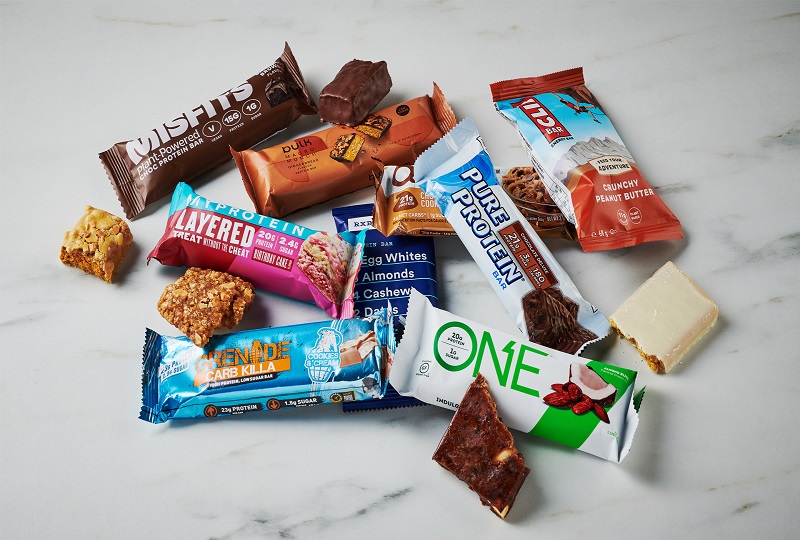 01
01Further Discussion About Protein Bar Packing Machinery
27-02-2024 -
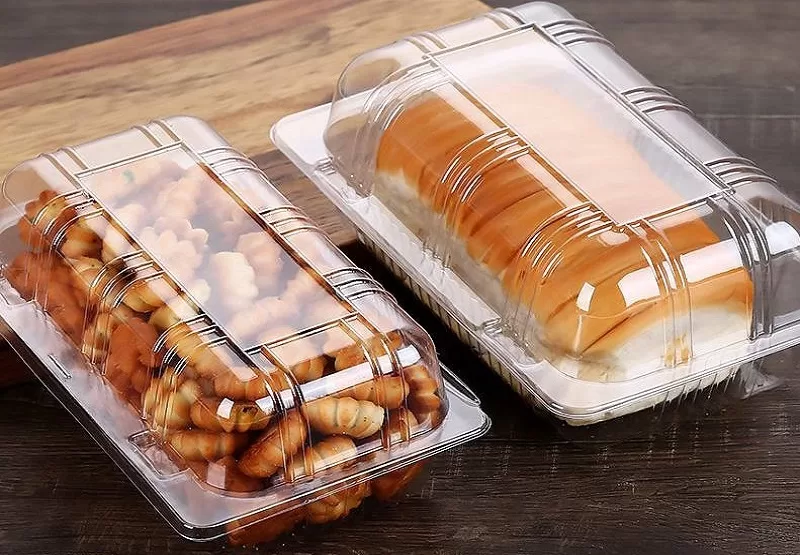 02
02Sustain The Best Crispy With Automatic Packaging Machines
29-01-2024 -
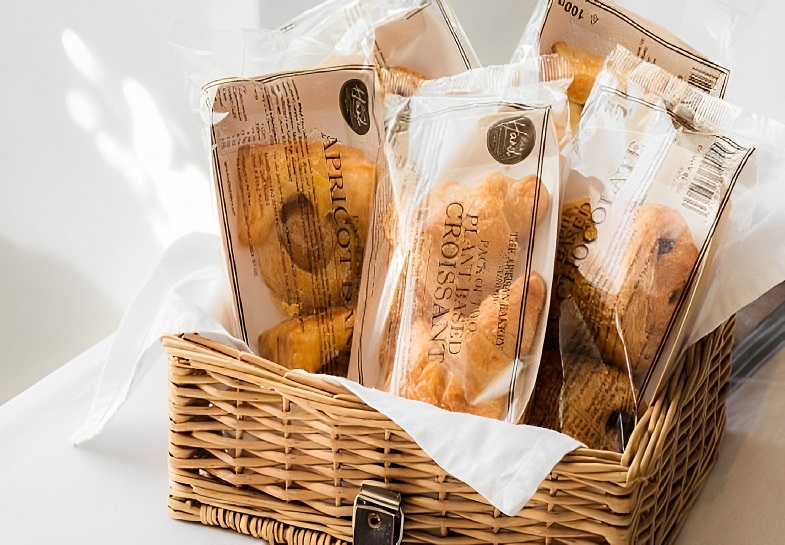 03
03Bread Packing Machine For Bakery Business
19-01-2024 -
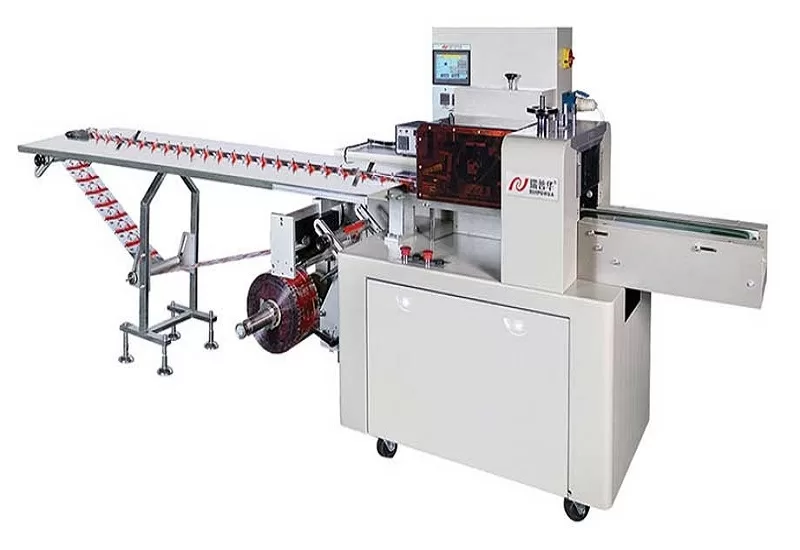 04
04How Flow Wrappers Are Adapting to Changing Trends
01-11-2023 -
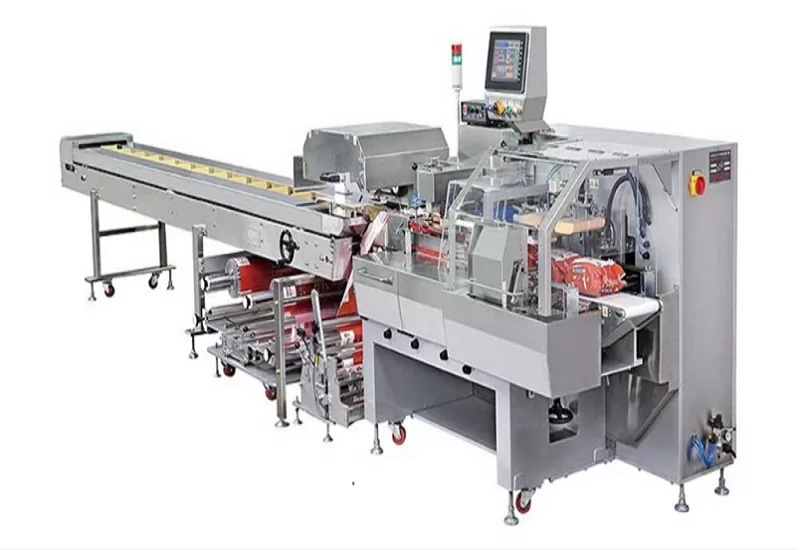 05
05The Comprehensive Guide to Packaging Machinery
31-10-2023 -
 06
06Automatic Cookie Packaging System Performance
01-09-2023 -
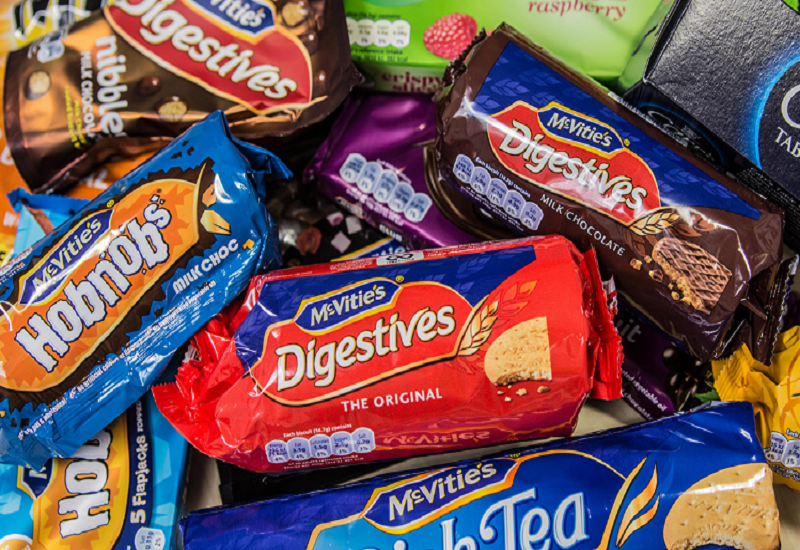 07
07Streamlining Biscuit Packaging with Multipack Biscuit Packaging Machines
25-08-2023 -
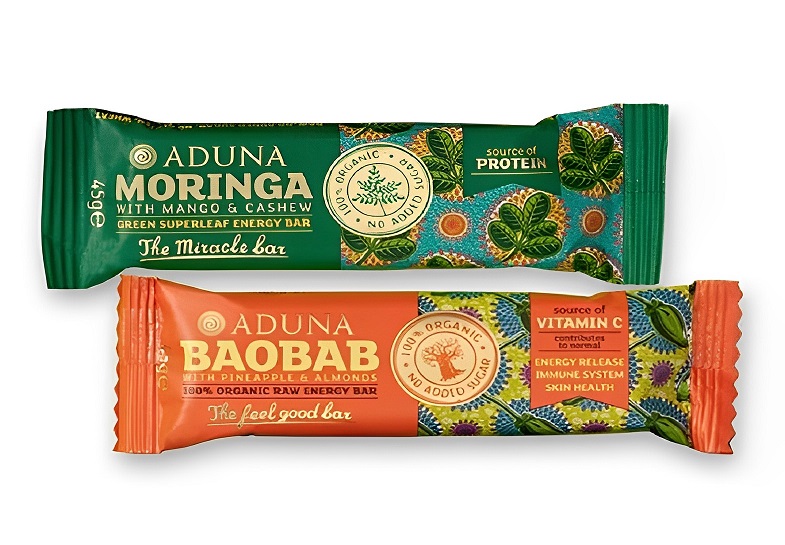 08
08From Assembly To Shipping: The Energy Bar Packaging Machine Does All
28-02-2023 -
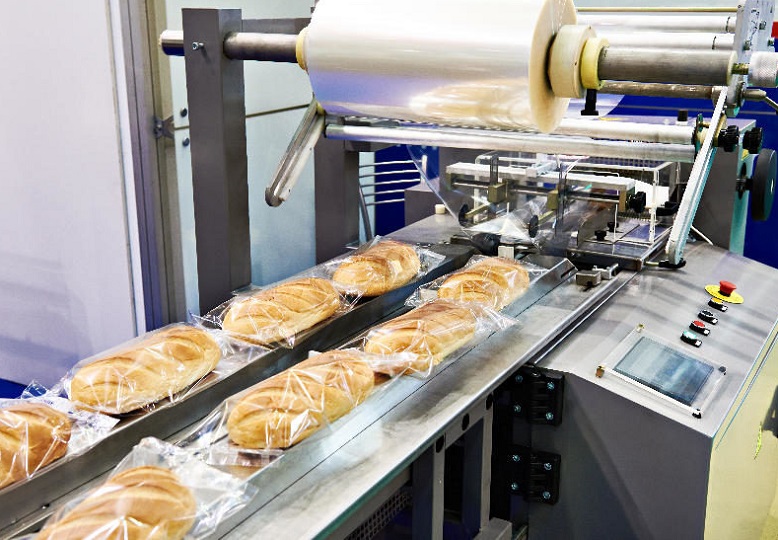 09
09Maximizing Efficiency With Food Packaging Machine Technology
22-02-2023 -
 10
10Clients Hunt For Professional And Functional Packaging Machine
10-11-2022






